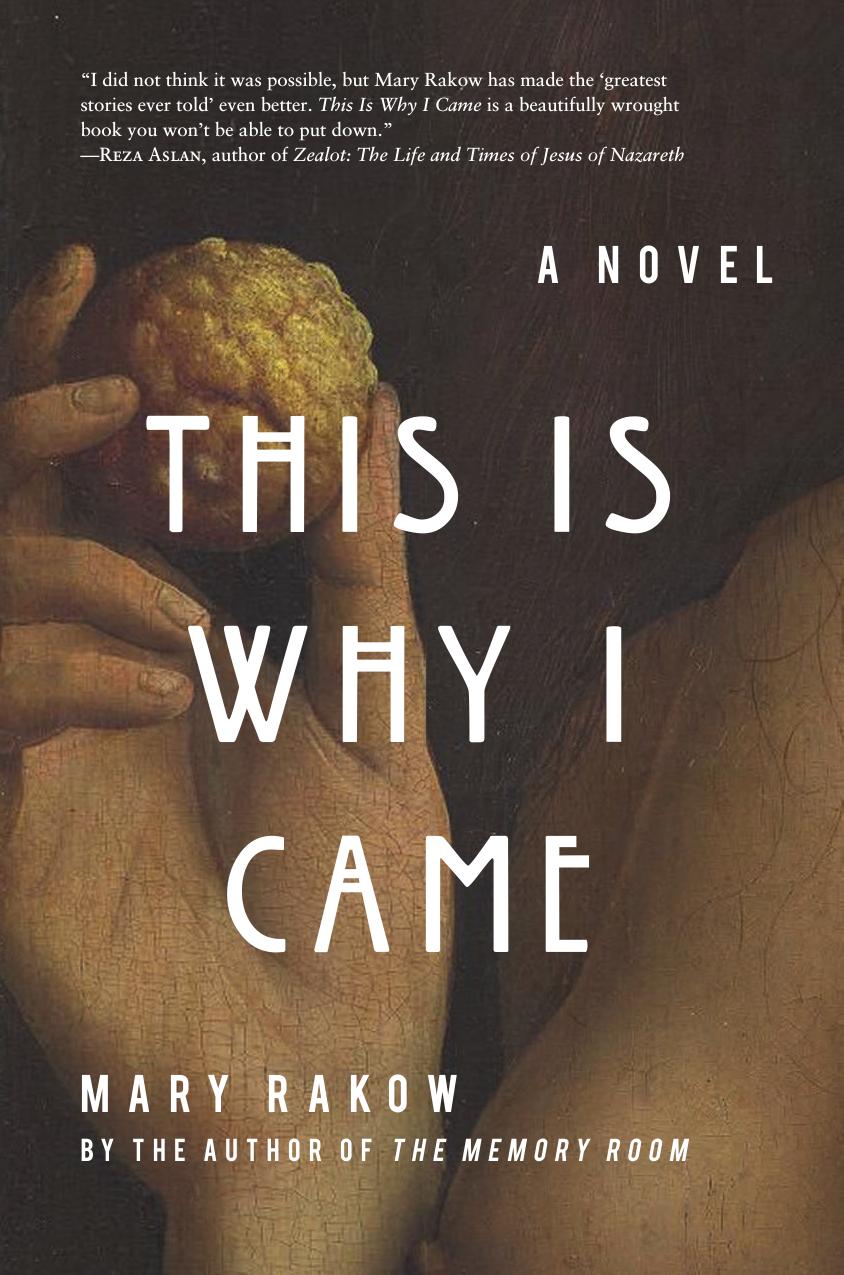
This is Why I Came
کتاب های مرتبط
- اطلاعات
- نقد و بررسی
- دیدگاه کاربران
نقد و بررسی

September 28, 2015
After a 30-year absence, a nameless woman visits her local church in hopes of receiving the sacrament of confession. As she waits her turn, she fingers a small, handmade book, which contains the woman’s own interpretations of Biblical tales, written in the form of fables. From here, Rakow (The Memory Room) brilliantly swerves, leaving the nameless woman behind and immersing the reader in the character’s handmade book: we see its table of contents, and then we read its stories, starting with tales of Adam and ending with the final days of Mary and Joseph after the death of Jesus. In these narratives, God fears his creations, and Joseph lives with the concern that Mary is less than honest when proclaiming her virginal pregnancy. Also tackled is the disappointment some feel when touched by their savior. After struggling with his faith, Jonah turns his back on God, and a blind man—after Jesus restores his sight—wonders if life was better when he could not see. A sense of compassion radiates from every character, and while familiarity with the Bible certainly deepens the appreciation of the book, these fabulous narratives shed light on their nameless author’s own relationship with God and illuminate religious tales ingrained in so many readers’ minds.

October 1, 2015
A set of revised Bible stories with an eye toward better highlighting the role of women and presenting a God who's as conflicted as those he made in his image. The second novel by Rakow (The Memory Room, 2002) opens with a woman visiting a confessional for the first time in more than 30 years and bearing a "Bible of her own" filled with brief, often poetic recastings of the Old and New Testaments. The general narrative arcs remain intact in these retellings]Cain slays Abel, a burning bush appears before Moses, Jesus is tempted in the desert, and so forth. But Rakow thoughtfully offers sensitive and complex readings that are free of moral thundering. For instance, the source of Jesus' temptation is not Satan but Jesus himself, and Noah's tale is less about the fate of the Earth than of Noah's own marriage: "his wife and family senseless on the water, the life they had, obliterated." Nobody is more self-questioning here than God himself, whose mercurial nature is sparked by his need "to be loved not for his power or his omniscience but for his mercy." Rakow also emphasizes the women in the Bible, particularly in the New Testament stories, including the Virgin Mary, Mary Magdalene (here one of Jesus' close confidantes), the "unclean" woman with an issue of blood, and more; the crucifixion is seen largely from the perspective of a young peasant, Veronica. Rakow doesn't radicalize the Bible]only a hard-liner would take offense at her interpretations]but she does make it more humanistic and poetic; as the endnotes explain, she's borrowed some lines from Jack Gilbert and Henri Cole. The effect is occasionally overly airy, but she gets credit for using religious language while avoiding familiar sentiment and interpretations. An affecting flash-fiction reimagining of the Good Book.
COPYRIGHT(2015) Kirkus Reviews, ALL RIGHTS RESERVED.

























دیدگاه کاربران